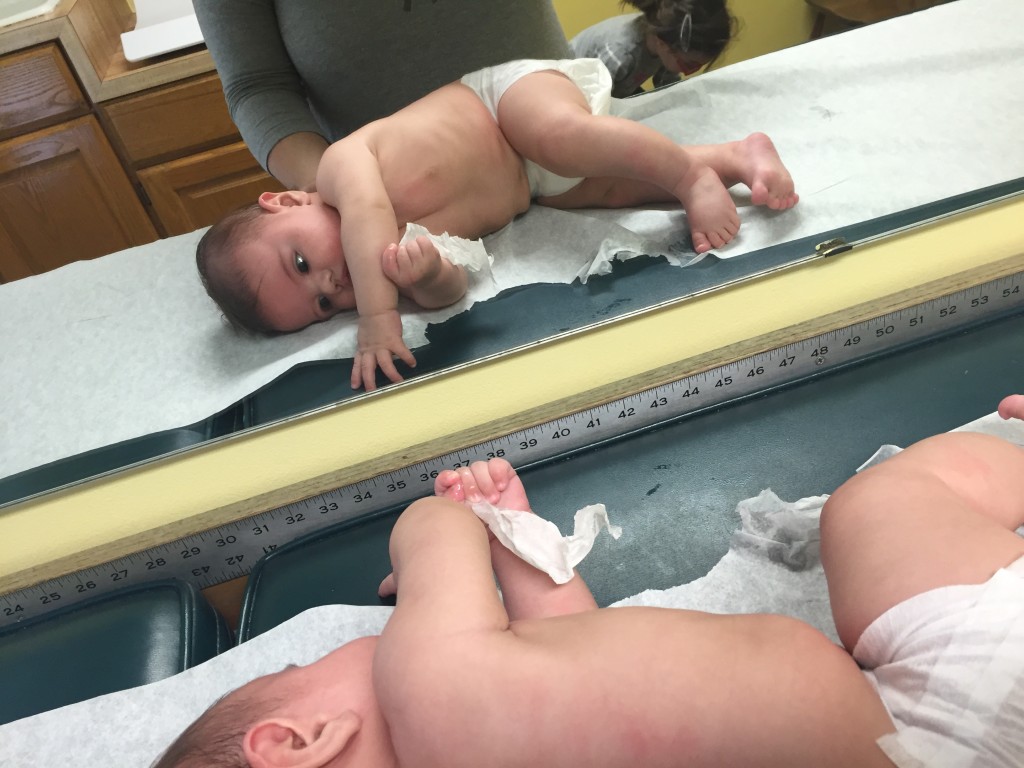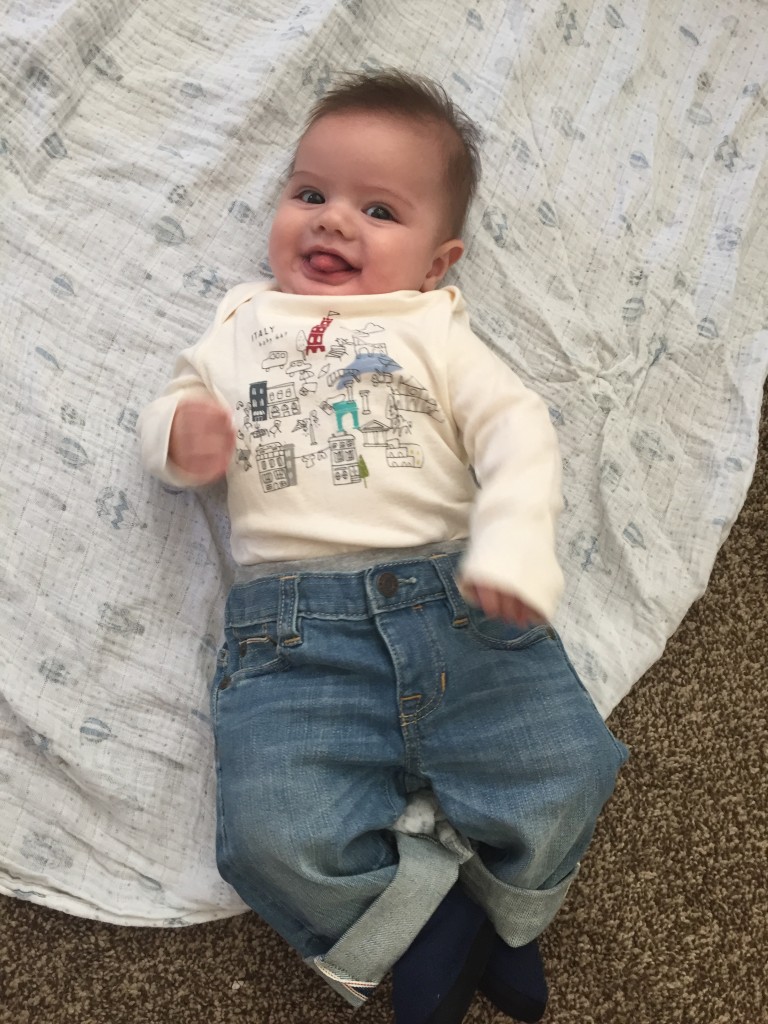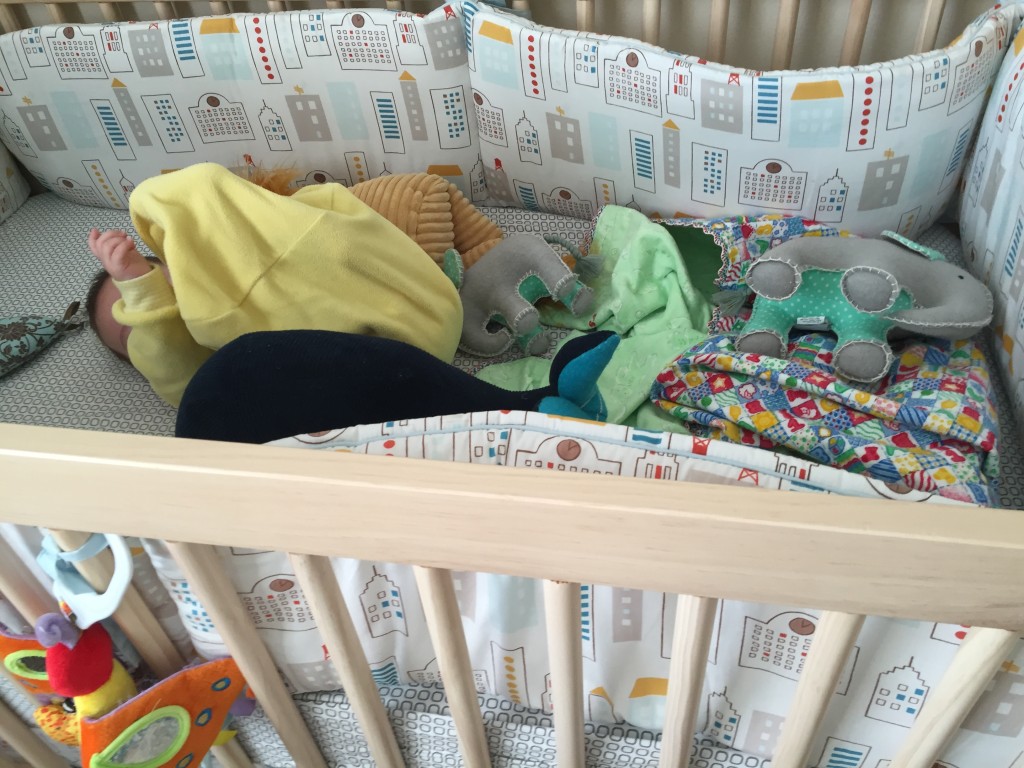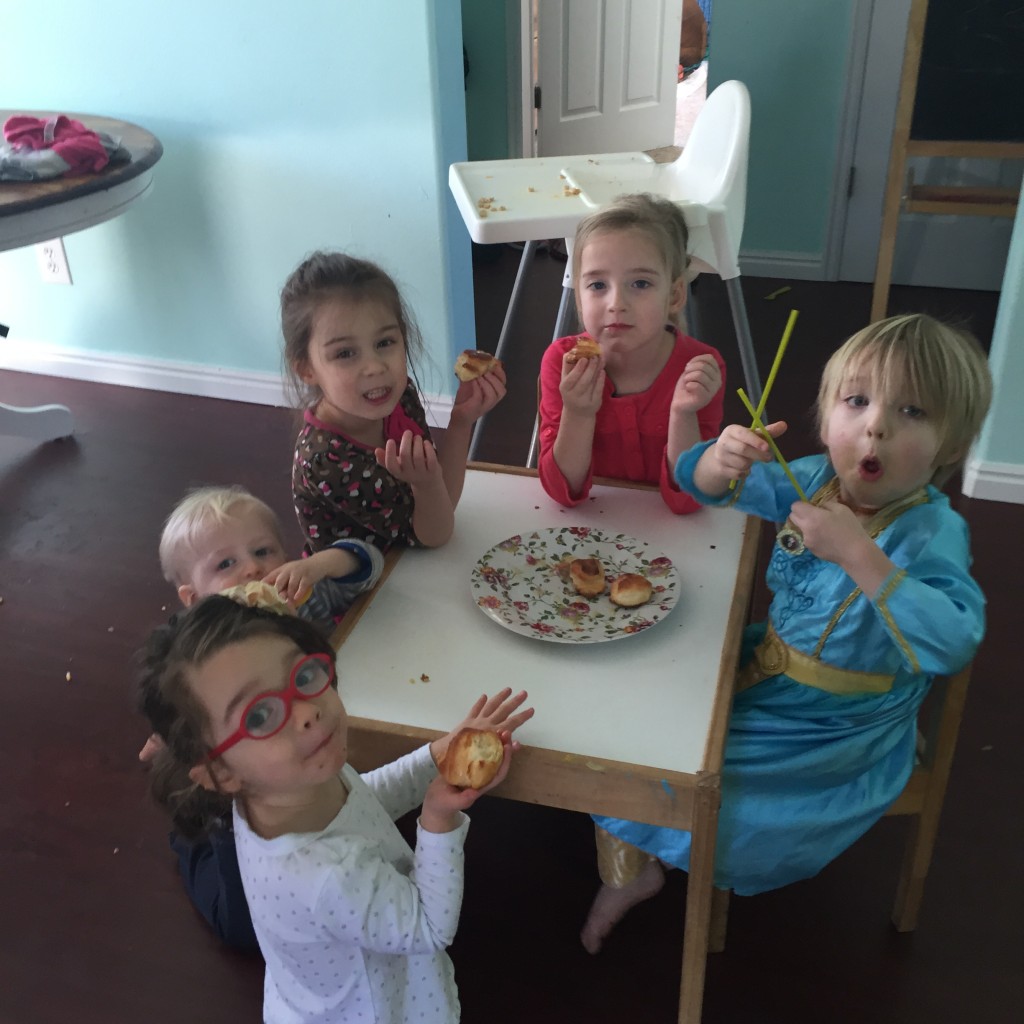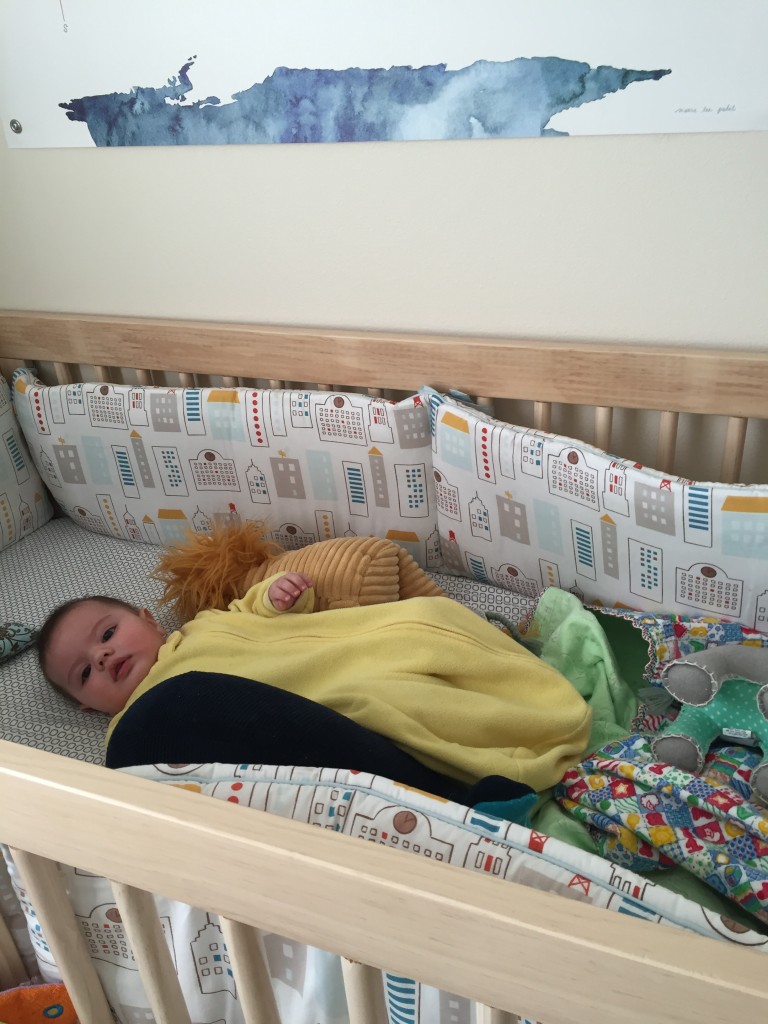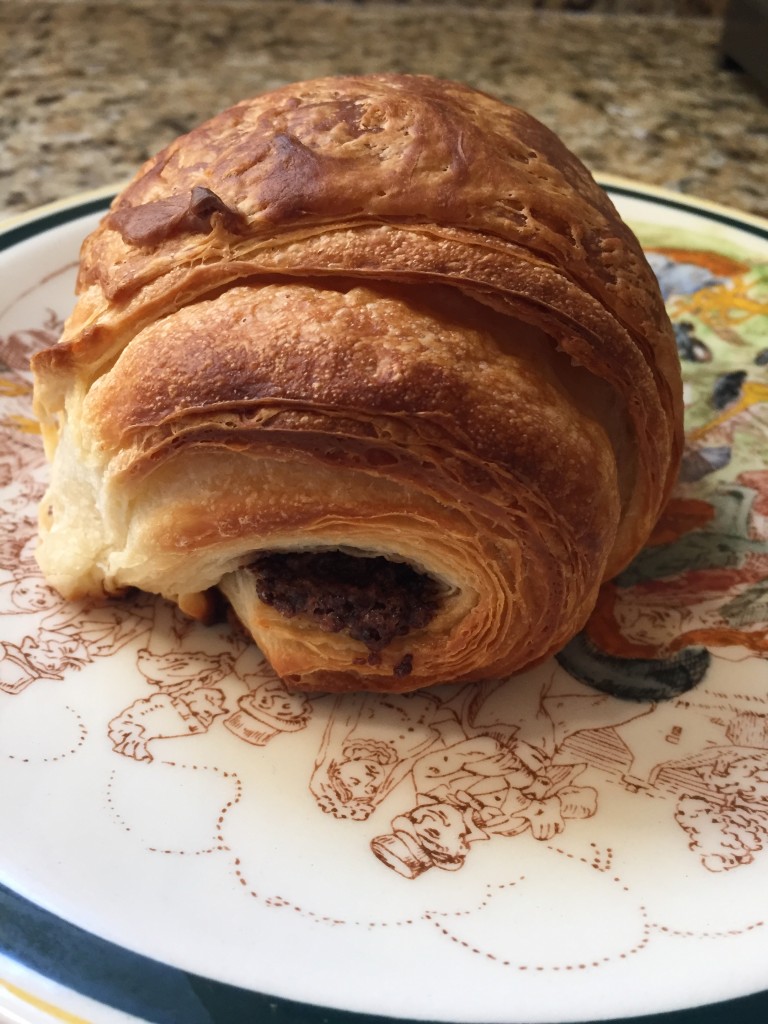We went to see Mahler’s Symphony #2 tonight. It is the “Resurrection” symphony, and it made me think of all of our loved ones who have passed on in the past two years. Abe has lost two grandparents and an aunt, and I have lost two aunts and an uncle. As the symphony concluded with the departed soul’s ascent to heaven, I realized I have never paid tribute to my uncle on this blog. He died earlier this month. My cousin’s eulogy is so moving, and the first part deals directly with my own father’s early life. I want it recorded in my family’s history, so I will just post that for the rest of this blog. I’ll throw in today’s pictures at the end.
Uncle Ted’s Eulogy
I’m going to beg your indulgence from the start for taking you through this very long narrative of my father’s life. I’ve always thought that my My father led 4 distinct lives. I’m so glad to have met representatives of each of those eras in these last few days.
FIRST, his young life. He was born in Culion, Palawan in 1926, to officials of the Department of Health, an accountant and a nurse – my grandmother was one of the first ever graduates of the Philippine General Hospital Manila (Culion at that time was a leper colony). He was orphaned very early – when he was not even 2, shortly after the birth of his younger brother Ben. He was one of four children and with his father’s remarriage, another three half-brothers. He used to say — mga ulila kami. He never forgot that – it was a defining event of his life. He was close to all his siblings, but especially so to his three full-blooded siblings, all of whom were religious in inclination. Sister Vincent Llamzon was a St Paul’s nun, a legendary figure in Philippine choral music and a concert pianist. Sister Lydia was the prioress of the Carmelites in Laoag. Uncle Ben was for a time a Jesuit seminarian, and then left and ultimately became a Professor of Philosophy at Loyola University in Chicago. They were all extraordinarily close’ my father and Uncle Ben, for example, kept a long-distance correspondence right through middle age, and named their children after each other. I was reminded recently with the passing of Auntie Vee almost a year ago in California (she was 93) about how much of a mother figure she was to them, and how much their whole family’s lives were grounded upon faith, educating, and service to others.
SECOND was his life was as a Jesuit. He started very young – apparently his father, who originally intended for Dad to be a soldier who would go to West Point, increasingly saw him in his interactions with the Jesuits at daily mass in Culion, as more fit for the priesthood. So at 12 years of age – I still have a hard time fathoming it – my father had a last “fling” with civilian life by watching the movie Pinocchio at the Metropolitan Theater in Manila with two cousins, and then was brought to San Jose Seminary. There he received a classical education that most of us only hear about in memory – learning Latin, delivering and memorizing the speeches of Cicero and Ovid. Later they learned Greek, and read the Iliad and the Odyssey in the original. Later still he did three years of Philosophy (what a luxury!). Showing his skill with languages at an early age, he was later was chosen to deliver a talk in Greek in front of the entire community – something that would petrify most people, including him – he did it anyway, and used to recount that as a singular achievement in his life.
When he was 15, the Second World War broke out, the seminary was closed, and he transferred to Padre Faura, to the old Ateneo de Manila. He had memories of eating corn bread and syrup every day during the war, of 5pm benediction devotions after daily mass at the Ateneo. The seminarians during the war came to be known as “war babies” – that name stuck with him, and when he wrote his memoires at my family’s insistence in 2009(transcribed by Ginny!), he named it “war baby”. My father talked rarely about the war, but when he did (usually at my insistence), he would recall the older Jesuits who left the relative safety of the Ateneo during the evening and helped bury the dead. He remembered the big battle when the Americans and Filipino freedom fighters came to take back Manila. He remembered the Japanese trying to escape the incoming forces through the Pasig river.
It was during the war that he was asked to decide whether to become a secular priest or a jesuit, and he remembered thinking about the “long gray line” of Jesuits all around him and wanting to be part of that order. He pronounced his first vows during the war, taking the middle name “Aloysius” — that day was the feast day of his patron saint, Aloysius Gonzaga, also a Jesuit. Many years later, Dad would later be ordained on that day, June 21, 1959, in Fordham University in New York, and many years still, I was born on that day, June 21, 1977, and took the name “Aloysius”. (A hard name when I was young, but one that I am very proud of now.)
During his three years as a Regent, he was assigned to the Ateneo de Tugegarao (which no longer exists). He taught English and was in charge of the band and glee club. He always used to say that his students, the bright Ibanag boys, were a wonder – they were very masipag at matiyaga, and never complained. He was a dedicated teacher, asking them to write a one page essay every day, which he would check. Many years later, when I interacted with his former students, who included Monetary Board Member Vin Valdepenas and former Philippine Sports Commission chair Perry Mequi, they always said how important those daily essays were to their education, and how grateful they were to my Dad.
His best friend in the order was Father Joe “Toti” Cruz, who later became the President of the Ateneo de Manila and, among other things, the confessor of President Marcos. They first bonded through a shared love of classical music, which they pursued in the music room at Woodstock College in Maryland, where they took theology just before ordination. He was in Woodstock together with Father Catalino Arevalo, Father Roque Ferriols, father Jack Schumacher – all very famous names to those of us who were educated at the Ateneo.
Many of those great Jesuits have since passed away. With each passing, I remembered Dad say “erant gigantes in diebus illis” – there were giants in those days. The Jesuits of that time really were giants – with huge achievements in philosophy, the sciences, the arts. My father was one of them, and his great contribution was in linguistics. Which brings me to his third life…
My Dad’s THIRD life was as a linguist and educator. That began when Dad was still a Jesuit. His own specialization as a linguist began when he tried to teach Father Frank Glover to speak Tagalog while in Woodstock. He discovered that there was no grammar of the language that he could use. So he produced his own grammar of Tagalog. And with the encouragement of the Order, he decided that he wanted to pursue the study of language scientifically. He studied at Yale, spending six years in New Haven studying comparative linguistics – he wanted to systematically study the major languages of the Philippines and place then within the greater Malayo-Polynesian family of languages. He received an MA in theoretical linguistics and eventually a Ph.D. at Georgetown in Washington D.C. I don’t doubt for a moment that part of the reason why I wanted to go to Yale and pursue a doctorate in law was because of his stories of Yale and New Haven, and the shelves of scholarly books we had (some of which bore his name)
My dad returned from his studies in the US in the late 1960s, and in his words, he was a “man on fire”, chairing the Linguistics Department at the Ateneo, founding with fellow linguists the Linguistic Society of the Philippines and becoming its first president. He was the First Editor of the Philippine Journal of Linguistics. He played the role of anthropologist as well, combing remote parts of the Philippines (and was one of the first to visit the Tasadays) in search of proto-languages that link the many languages of the Philippines with those of Indonesia and the rest of the region. Most of all, he channeled the lessons learned about different varieties of English spoken around the world by the many years he spent abroad to write the now classic work “Standard Filipino English”. My father was a pioneer in the idea that English could be spoken by non-Britons and non-Americans with equal dignity, that Philippine English was not inferior to American English, that when Filipinos speak, they do not speak “Bamboo English” – they indigenize, they colonialize, English, and do not allow English to colonize us. It was and remains a classic – now all over the world, the Indians, continental Europeans, Latinos all speak their own brands of English, but the idea that theirs is an inferior English is long gone.
Because he was becoming more and more an academic than a priest, and in middle age, he decided to do something supremely brave – to leave the order that he had been part of and continued to love to the very end, in search of something else. (Also, I think in middle age he began to notice girls.) He consulted with Father Toti Cruz and eventually took the step of applying for dispensation from Pope Paul VI, and was laicized by the Pope
FOURTH was his family life. This is the story that can be summed up in a few sentences, but I where my Mom, my brother and I come in. My father got married to Mom in 1975. He was 49, had me when he was 51 and my brother at 52. My mother undoubtedly was the great love of his life (more on that from my Mom shortly). He had taught at the University Sains Malaysia in Penang, setting up their languages program, and then moved to Singapore, where he married my mother and had us. He was a Professor at the Regional Language Center in Singapore for many years. I’ve been surprised in my life by the number of times someone from another country would look at my name, ask me how I’m related to my father, and proceed to tell me about how he taught them about English language teaching in Singapore. English was seen as a key integrator of Southeast Asia, a way of making this part of the world feel a sense of community. My father played a key role in that formation of identity in the 1970s and 1980s through his professorship at the RELC in Singapore.
We had a great childhood in Singapore. Dad, ever the nationalist, then decided in 1986, after EDSA , that it was time to move back home, to Manila. I was almost 9 then, my brother 8. Even in the Philppines, he continued to teach linguistics, after a brief stint as a “gentleman farmer” for four years – not successful at all financially, but something he wanted to do. He was never afraid of going boldly into something new. I always admired that about him.
All these four aspects of his life were interlinked and integral to the whole. They made him a real man of faith, a man of intellect and the life of the mind, and a man of compassion and kindness. He continued to serve the church at our Parish of St James the Great in Ayala Alabang, becoming the first editor in chief of the Parish newspaper.
I used to say that he would outlive all of us. I was convinced of that until 2002. I remember that in the middle of studying for the bar exams, I got a call that Dad had fallen from the stairs of our house and had to be operated on for a blood clot in the brain. In the years after that operation, his health slowly but steadily declined. My Mom had to bear the brunt of that, as my brother and I pursued our own dreams abroad. During those years, I saw him infrequently – at most twice a year. His last foreign trip was to visit us over the new year in 2008, when Ginny and I (newly married) were working in Hong Kong. He declined even further in the years that followed, but was, until the very end, of sound mind, and always very proud and very encouraging of his boys. He would always tell us – fly high!
My brother and I loved our father dearly – more than we dared say while he was alive. In my mind, I always thought that one day I would come back home for good, and we would have that long-delayed conversation where he would show me the wellspring from which he derived his unshakable faith, his ability to take the highs and lows of life with dignity and serenity, his courage in the face of difficult life choices and latter, his ability to endure suffering with grace.
We never had that talk, Dad, but in these last few days, I think I am beginning to understand. It was not your words, but your deeds – how you lived your large, important, and humble life – that has taught me what I need to know about how I need to make my way through this life, and how I should raise our little daughters Clara and Beatriz. With your death, you taught me one more thing about my humanity – about how frail and weak the body is, and yet how powerful and eternal the intellect and faith are. You are now one with the God you have served faithfully all your life, Dad, and it is we who are left behind who are still left looking for the answers. We, your family, colleagues, and friends, will never forget you, and will never stop loving you.
